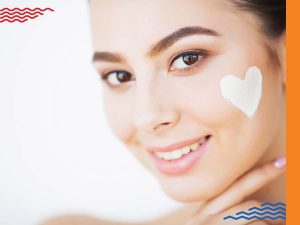
We are no strangers to moisturizers. They are part of our extensive (or limited) skincare routine. Unfortunately, there are a plethora of myths about moisturizers, ranging from silly to harmful. Through this post, I hope to clear up some of these myths and also help you select the right moisturizer.
The Basics
Moisturizers, in general, are water or oil-based creams, lotions, gels which when applied to the skin, help retain moisture in the upper layers of the skin. Some of the things that a daily moisturizing routine helps with are:
- It helps smoothen the skin.
- It helps prevent dryness and hence reduce wrinkle formation
- It helps reduce any inflammation and redness that may occur.
- It helps reduce Itching
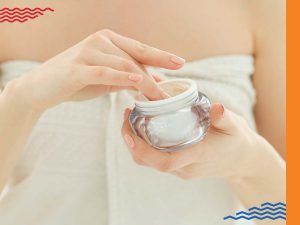
Also, there is a best time to apply moisturizers. That is immediately after you step out of the shower and pat your skin dry. The damp skin helps lock in the moisture, leaving your skin soft, smooth, and hydrated. Remember to apply your moisturizer twice a day, after your shower and before bed. But this is not set in stone. More importantly, use a moisturizer when you think your skin is feeling dry.
Lastly, when you moisturize your face, do not miss your neck. Also ideally other exposed parts of your body like your hands and feet need to be moisturized.
The Myths
Many of my patients have deep-seated beliefs about moisturizers that are often not true. The two most common ones I come across are.
Moisturizers Are Only For Winters And Dry Weather.
Nothing could be farther from the truth. Our skin naturally tends to lose moisture throughout the day, and modern life, which includes spending time in the dry air of air conditioning, does not help the situation. So, be it Summer or Rain, one must not give up on their moisturizing routine.
Oil Is Better Than A Moisturizer.
While it is true that oils do have moisturizing properties, applying them to the scalp and skin tends to create the perfect environment for bacteria to thrive, which can lead to an increase in acne or heat boils. Hence, for hair, I recommend using a conditioner, while for skin, one should stick to proper high-quality moisturizers.
But,
Variety = Confusion
But not all moisturizers are made equal. There is a great deal of variation in their consistency, content and some of them have additional ingredients which help certain types of skin and conditions. So how does one select a moisturizer?
These are the four questions to ask when selecting a moisturizer:
1. What Is My Skin Type?
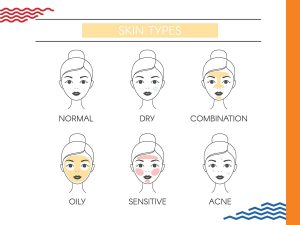
You have oily skin if:
Your T-zone (forehead, nose, chin) and the C-zone (outer area of the face) are oily to touch or shiny in the morning.
In this case, use lotions with a thinner consistency. These are light and don’t add to your face’s oily sheen.
You have dry skin if:
Your entire face feels stretched or taut in the morning.
Use thick creams (oil-based) with an ointment-type consistency. These stay on longer and lock in moisture for longer. For better hydration, look for ingredients such as dimethicone and hyaluronic acid. Glycerine, lanolin, and petrolatum are the key ingredients to look out for to lock in moisture.
You have combination skin (most people do) if:
Your T-zone feels oily, but the C-zone feels taught or stretched.
Use mild consistency creams. These are thin, spread evenly and hydrate the skin well.
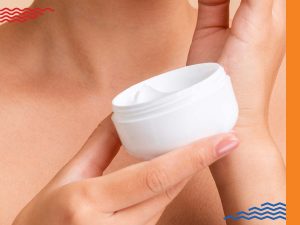
2. What’s The Current Season?
During the cold and dry winter months, the skin tends to dry out more easily, and hence, it is better to use thicker creams. During the summer and monsoon seasons, it’s better to stick with lighter lotions when the skin’s hydrating needs are relatively low.
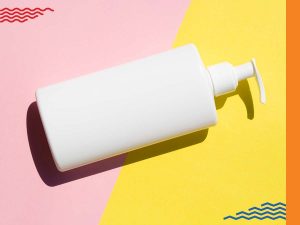
3. Where Will I Apply The Moisturizer?
As a general thumb rule,
– For your face and neck, use lighter lotions
– For your arms and legs, use mild consistency creams
– For the palms and soles of your feet, use thick consistency creams.
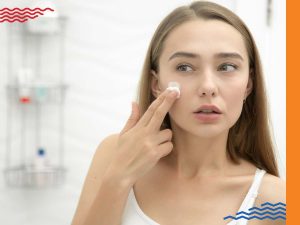
4. Does My Skin Have Any Special Needs?
For acne-prone skin: A non-comedogenic facial moisturizer is great, as it won’t clog your pores. Avoid facial moisturizers with ingredients such as lanolin and mineral oil waxes, which can clog pores and cause acne.
For sensitive skin: A hypoallergenic and fragrance-free moisturizer is your best friend. When looking for a moisturizer, pick one with less than 10 ingredients. Fewer ingredients = fewer potential interactions with fragile skin. To ensure you’re not allergic to a cream, apply it and keep it on for 30 to 60 minutes before washing it off. Ensure to avoid any unnecessary or potential irritants such as added colours and perfumes.
Cosmetic Needs: Some moisturizers tend to make your skin have an oily sheen or a mild whitish appearance, this may not be acceptable for some people.
Ageing or Mature Skin: As we age, our skin’s ability to retain moisture also reduces, and it is generally much dryer. Your skin may also need additional support in the form of antioxidants, retinoids, etc. However, these products may tend to dry your skin further. It is best to consult a dermatologist who can recommend a good moisturizer that meets the needs of ageing skin.
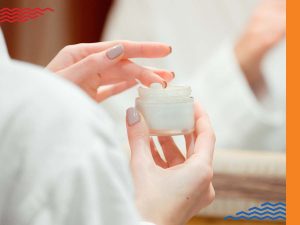
While this may all seem a bit overwhelming, it really is not. Feel free to experiment with moisturizers. Most moisturizers are safe, and reactions to them are extremely rare and easily treatable. Also, feel free to ask your dermatologist about which one suits you best on your next visit.
Lastly, remember that this basic process of moisturizing goes a long way toward maintaining healthy skin, and consistency is key.
About INURSKN:
Built on Dr. Sejal Saheta’s more than a decade of experience, we are an honest and affordable skin and hair care clinic. Our goal is to make each patient comfortable and happy with their appearance with the least amount of intervention.
Here, qualified and trained doctors, equipped with the latest technology, conduct and supervise all procedures in strict adherence to protocols developed by Dr. Saheta.
We are happy to be a part of your journey to reach your skin and hair goals. If you think we have been able to help you, please review us:
On Practo: http://prac.to/vkpj
On Google: https://goo.gl/zHfACo
Disclaimer:
This article is one in a series of articles on skin and hair conditions and treatments by Dr. Sejal Saheta – MD, DNB – Dermatology and Venereology. The objective of this series is to educate the reader and help them take precautions against various skin conditions they come across on an everyday basis. These articles are not meant to be used by patients for self-diagnosis or for avoiding proper medical treatment. The images used in the above blogs are just for the visual representation of the treatment results may vary from patient to patient.
Also Read: Unlocking the Secret to Youthful Skin: The Power of Moisturizing with Dr. Sejal Saheta






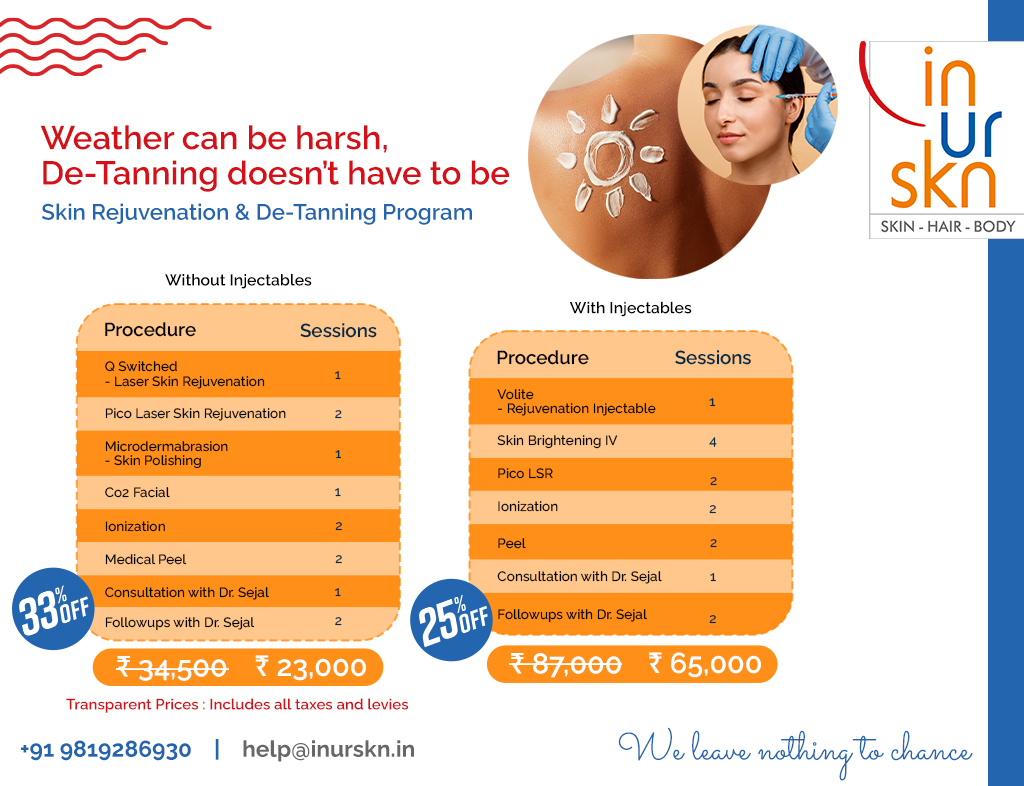














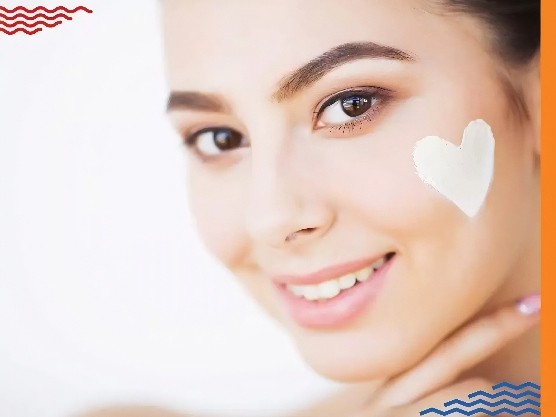



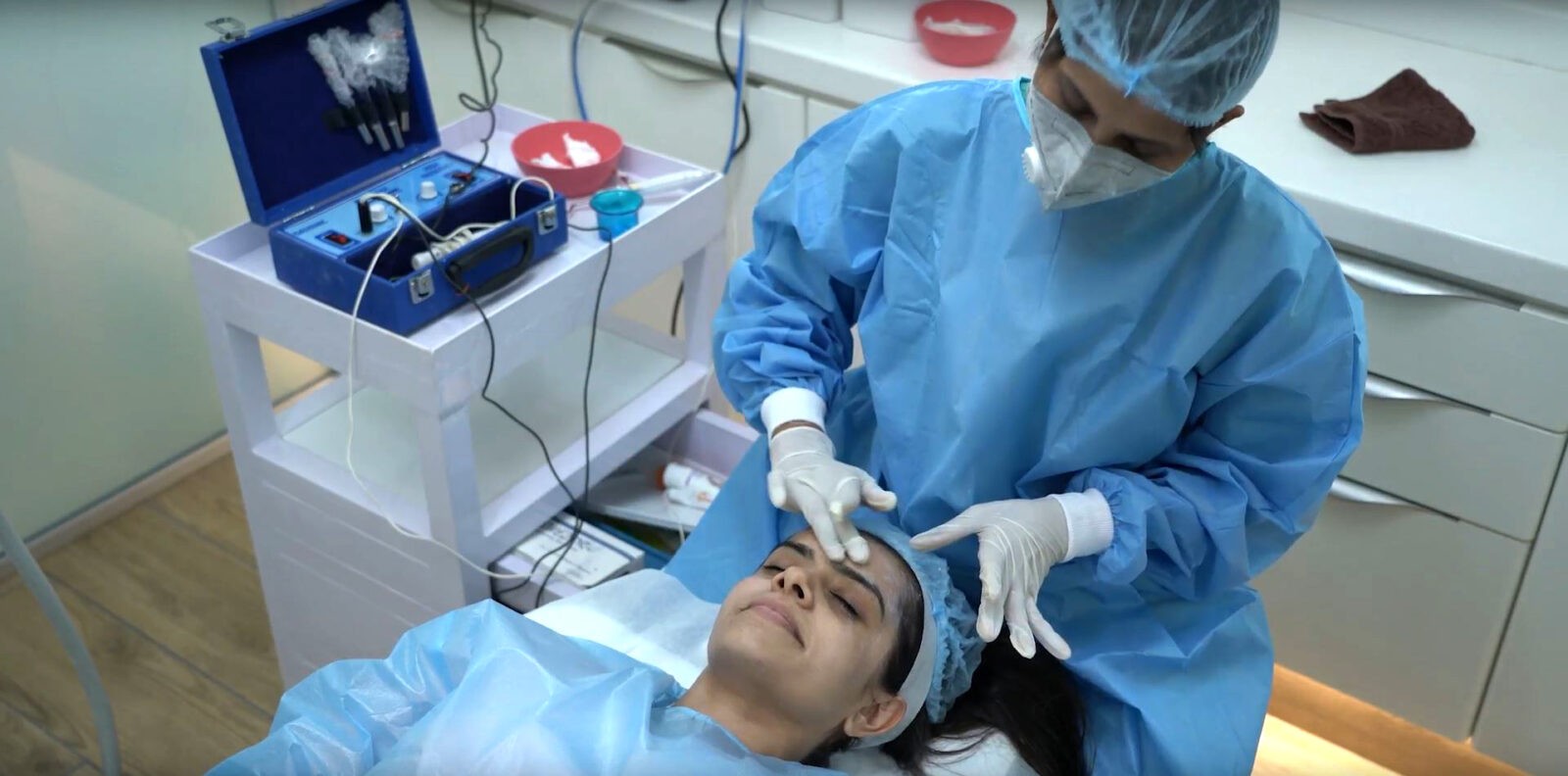


 Call us
Call us Book Appointment
Book Appointment Enquire
Enquire Location
Location




